Solid Waste Management: A Simple Solution For The Growing Issue With Our Trash.
*video is credited to Green Revolution via youtube.com
They say “what goes around, comes around” and in the Philippines, we also say, “ang basurang itinapon mo, babalik din sa iyo” (the trash you throw it away, will come back to you).
There has been a non-stop rain in my province that lasted for a week and despite the soil being dried up during the dry season or summer, the amount of rain has drenched the dry soil. Our house is situated near a canal, where water from the rice fields flow and runs to the stream and after five days of rain, the canal has almost overflow but I took notice of the other end that there was no water running, I know right there and then that something is wrong, the canal is clogged with something. So what caused the canal to get clogged? Plastic bottles, tree trunk and cut branches. They must have been thrown by the other residents, taking their chances in cleaning their yards while the water is still flowing fast and freely, acted irresponsibly.
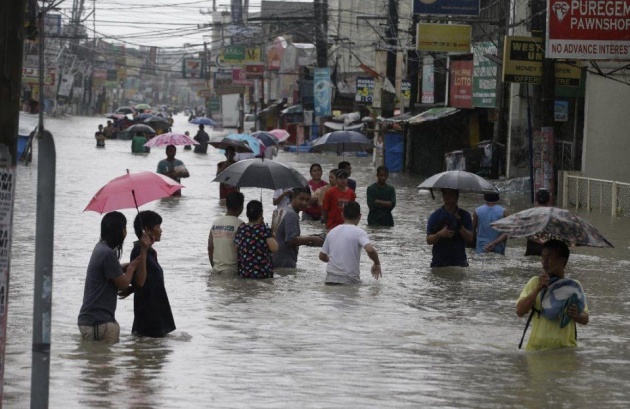
*Image is credited to www.radiometafora.ro
I live in Northern Philippines, a place that is considered a province. A place that when it is mentioned, what comes to someone else’s mind would be, a clean place, not polluted and has a fresh air, well it used to be that way. Our place has the same thing as Metro Manila (almost) and we are not an exemption.
We are no longer the same place as it was 20 years ago, things have changed, and the place had become more progressive. There is nothing wrong with being progressive for there are more job opportunities, more work, more wage earners. And its downside, people seem to be busy even in segregating their own trashes or just throw it away wherever they wanted.
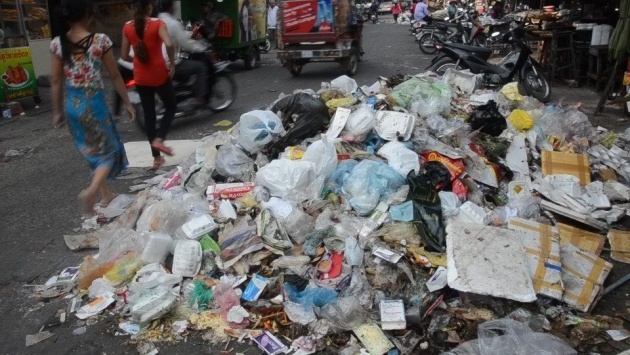
*Image is credited to keywordsuggest.org
We are moving forward in the status of our lives, but when it comes to our trashes, we are going backward.
What are the effects of not treating our garbage properly?
There are things that have been on the news lately, it is very disturbing and I cannot think how humans have been doing to this planet. The Philippines is one of the five countries that contribute on the waste that has been in the ocean, and it is embarrassing and the effects are not something we can just forget as we head to bed every night.
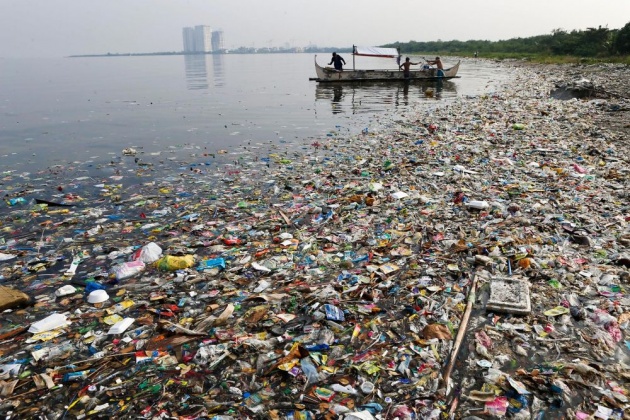
*Image is credited to nationalgeographic.com
Marine animals that were found dead and some have eaten plastic trash and latest, microplastic was found in the sea salt and can be life-threatening. These are a very serious issue we should not just shrug it off.
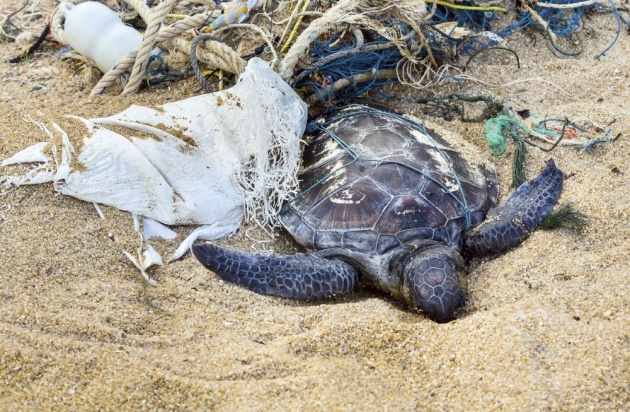
*Image is credited to news.nationalgeographic.com
Aside from those, the most common effect that we always see its direct effect is being flooded. How? Throwing our garbage irresponsibly to anywhere especially to our canals were water is running, the garbage causes the clogged canals. Should I mention those creeks that are And it is ironic that we complain about being flooded when we are to blame?
What should we be doing?
Solid Waste Management.
What is SOLID WASTE MANAGEMENT?
*Video is credited to NV at CEPImperial via youtube.
Before we get to know solid waste management, we have to know what is considered solid waste. Solid waste refers to the range of garbage arising from animal and human activities that are discarded as unwanted and useless. Solid waste is generated from industrial, residential and commercial activities in a given area.
Waste can be categorized based on material, such as plastic, paper, glass, metal, and organic waste. Categorization may also be based on hazard potential, including radioactive, flammable, infectious, toxic, or non-toxic. Categories may also pertain to the origin of waste, such as industrial, domestic, commercial, institutional or construction and demolition.
Regardless of the origin, content or hazard potential, solid waste must be managed systematically to ensure environmental best practices. As solid waste management is a critical aspect of environmental hygiene, it needs to be incorporated into environmental planning.
Solid Waste Management is defined as the discipline associated with control of generation, storage, collection, transport or transfer, processing and disposal of solid waste materials in a way that best addresses the range of public health, conservation, economics, aesthetic, engineering and other environmental considerations.
Solid Waste Management In The Philippines.
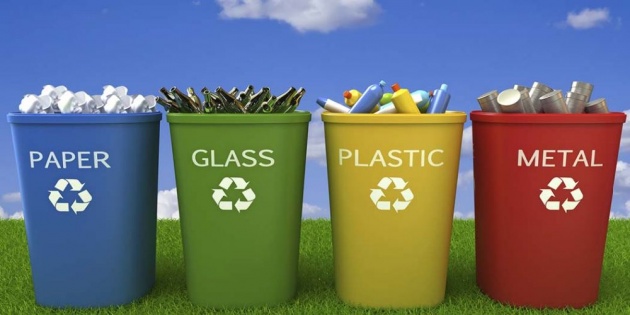
*Image is credited to swachhindia.ndtv.com
Here in the Philippines, there is an act that provides an ecological solid waste management program and that is Republic Act 9003 or AN ACT PROVIDING FOR AN ECOLOGICAL SOLID WASTE MANAGEMENT PROGRAM, CREATING THE NECESSARY INSTITUTIONAL MECHANISMS AND INCENTIVES, DECLARING CERTAIN ACTS PROHIBITED AND PROVIDING PENALTIES, APPROPRIATING FUNDS THEREFORE, AND FOR OTHER PURPOSES known as "Ecological Solid Waste Management Act of 2000."
Its objective is to ensure the public health and the environment; utilize government-sound methods; set guidelines for volume reduction; proper segregation, collection, and transport.
In every barangay or village, a Material Recovery Facility is a MUST, it plays a great role in every village. MRF, is a key component of residential and commercial single-stream recycling programs. Pronounced as "murf," the MRF is a facility that receives commingled materials and then uses a combination of equipment and manual labor to separate and densify materials in preparation for shipment downstream to recyclers of the particular materials recovered. Materials recovery facilities are alternately known as materials reclamation facilities or multi re-use facilities.
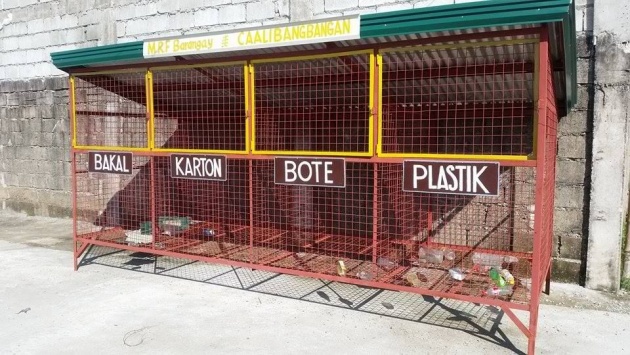
*Image is credited to thelineofbalance.weebly.com
And there is a budgeted amount every year, for repair, maintenance or in putting up an additional facility to cater the growing materials that have to be segregated. But it is really functioning? Sadly, not all villages take the MRF seriously.
PERSONAL CONCLUSION
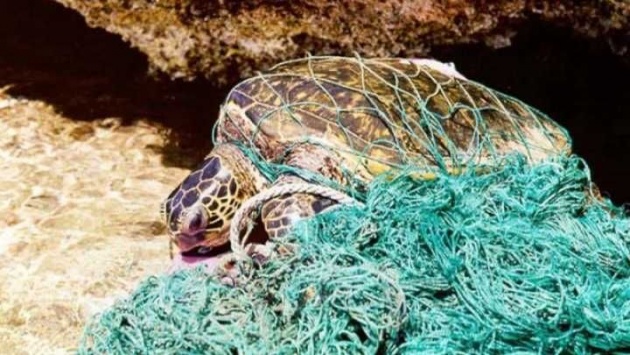
*Image is credited to www.iflscience.com
The government is doing its initiative in handling our solid waste, but the question is, are we doing what we ought to do, unfortunately, NO.
It is a simple task that everyone can do; they just have to be RESPONSIBLE when dealing with their trashes or wastes. We have to act like a DISCLIPINED HUMAN. See more of the effect in the future, be scared for what the next generation might face, think of your children’s children.
We caused the problem; we should also help with the solution. It has always in our hands, not just with the government.



